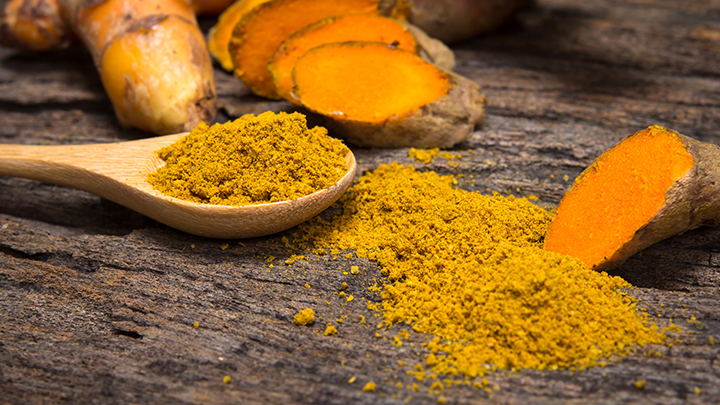The liver is an organ located within the abdomen, weighing approximately 3 lbs. This vital organ is part of the digestive system. Although there are many...
About the Author
Elaine Brisebois
Elaine is a Certified Nutritionist and Women’s Health Coach. She works with clients across the globe to help them improve their health and relationship with food. Elaine believes in a real food approach to health that is rooted in optimizing digestion and includes ongoing and intelligent cleansing. You can download her FREE Hip, Healthy & Holistic Makeover Guide to learn 5 simple things you can do every day to lose weight, increase energy, kick cravings, and feel beautiful inside & out.


 Susruta’s Ayurvedic Compendium, dating back to 250 BC, recommends an ointment containing turmeric to relieve the symptoms of food poisoning.
Susruta’s Ayurvedic Compendium, dating back to 250 BC, recommends an ointment containing turmeric to relieve the symptoms of food poisoning. It Supports Brain Health.
It Supports Brain Health.

